Dry Skin
Understanding and Treating Dry Skin
Dry skin occurs when the skin lacks sufficient moisture, leading to dehydration. This condition often results in itchiness, flakiness, and a rough or tight feeling. Dry skin can be caused by various factors, including environmental conditions such as cold weather and low humidity, frequent exposure to water, harsh soaps, and aging. Additionally, certain medical conditions like eczema and psoriasis can also contribute to dry skin.
Recognizing the symptoms of dry skin is essential for effective treatment. These symptoms include scaling, cracking, redness, and irritation. If left untreated, dry skin can lead to more severe complications such as infections due to the skin's compromised barrier function and chronic inflammation.
At Tru-Skin dermatology, our expert dermatologists provide effective remedies to alleviate dry skin. They may recommend using gentle cleansers and moisturizers containing ingredients like hyaluronic acid or ceramides to lock in moisture. They might also suggest lifestyle changes, such as using a humidifier in your home, avoiding long, hot showers, and wearing protective clothing in harsh weather.
Your healthy skin is our mission at Tru-Skin in central Texas. Our team is dedicated to providing personalized care and treatment plans to help you achieve and maintain healthy, hydrated skin. Learn more about dry skin below and schedule your appointment to receive expert advice and care.
Examples of Dry Skin
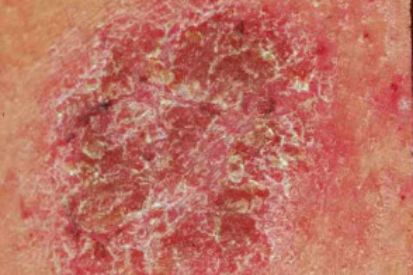
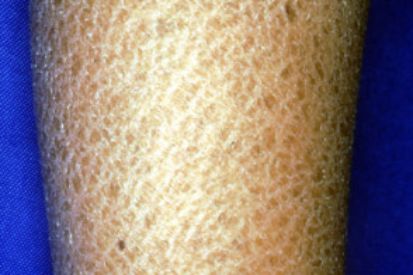
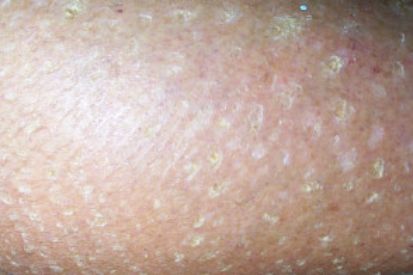
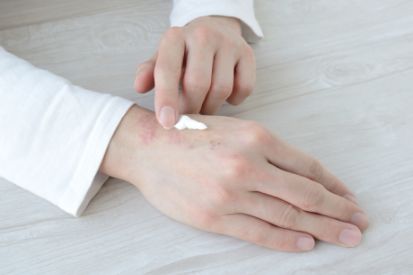
What are the Symptoms of Dry Skin?
- Skin may appear flaky or develop small, fine scales.
- Dry skin often causes itching, which can be mild to severe.
- The affected skin may become red or irritated.
- Dry skin can make the skin feel tight and rough, especially after bathing.
- In severe cases, the skin may develop cracks or fissures.
What are the Causes of Dry Skin?
- Dry skin can result from a variety of factors, including low humidity, harsh weather, hot water, aging, certain medical conditions, and dehydration.
- Dry skin occurs when the skin lacks moisture, often exacerbated by external factors like harsh soaps and internal factors like inadequate hydration.
How to Prevent Dry Skin
Preventing dry skin involves adopting a skincare routine and lifestyle practices that promote moisture retention. Here are several key strategies:
- Moisturize: Use a suitable, fragrance-free moisturizer to keep the skin hydrated. Apply it after bathing to lock in moisture.
- Protect from harsh conditions: Wear appropriate clothing to shield the skin from harsh weather, wind, and sun exposure.
- Build a custom skincare routine: Work with your skin care expert to build a routine specific to your needs.
If your dry skin is a persistent issue, we recommend scheduling an appointment with one of our certified skin experts. Our team can help you create a personalized treatment plan to alleviate your dry skin issues. Schedule today.
FAQs for Dry Skin
Yes, diet can influence skin health. Staying hydrated by drinking enough water is important. Foods rich in essential fatty acids, such as omega-3 and omega-6, can contribute to skin hydration. Consuming a balanced diet with vitamins and minerals is beneficial for overall skin health.
Yes, dry skin is often more prevalent in cold, dry seasons. Winter weather and low humidity levels can exacerbate skin dryness.
Yes, overuse of skincare products or using harsh cleansers can contribute to dryness. Choose mild products and moisturizers suitable for your skin type.
Yes, certain medications may have dry skin as a side effect. Consult with your healthcare provider if you suspect your medications are affecting your skin.
If dry skin persists, becomes severe, or is accompanied by other symptoms such as itching, redness, or cracking, it's advisable to consult with a dermatologist. A dermatologist can assess the underlying cause, recommend appropriate treatments, and provide personalized skincare advice.
From Our QualDerm Family of Providers: Learn More About Dry Skin
How to Treat Dry Skin
Treatment plans often involve a combination of strategies tailored to individual needs, aiming to alleviate dryness and enhance the skin's natural moisture barrier. Regular follow-ups with a dermatologist assist in monitoring progress and adjusting treatments as necessary.
From the Tru-Skin Dermatology Blog
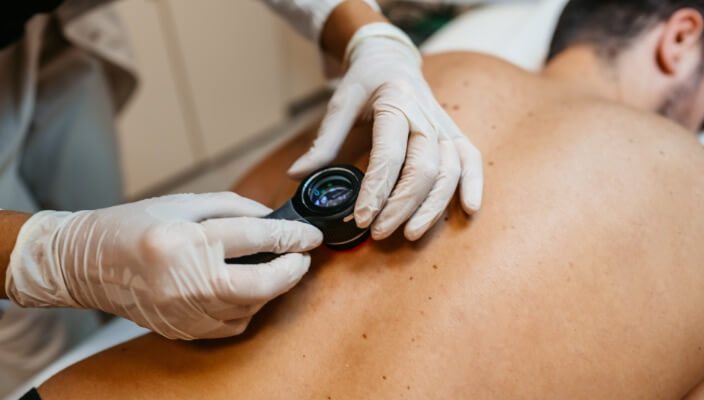
- Skin Cancer
- General Dermatology
- Skin Exams
- Sun Safety
- Skin Care
Texans have an increased risk of skin conditions due to the fluctuating climatic conditions. Therefore, Tru-Skin Dermatology provides our Texas patients with regular check-ups for their skincare.
Read More
- General Dermatology
- Skin Care
In this blog post, we will highlight the most common errors people make while washing their faces and provide practical solutions for maintaining healthy skin.
Read More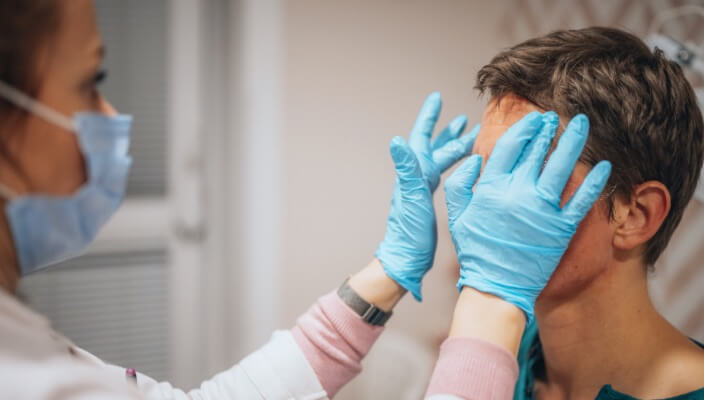
- Skin Cancer
- General Dermatology
- Cosmetic Treatments
At Tru-Skin Dermatology, we offer a wide range of common dermatology procedures to patients throughout Austin, TX, and the surrounding areas. Read this blog to learn more about how we can help you achieve your skin goals.
Read MoreFeatured Products for Dry Skin
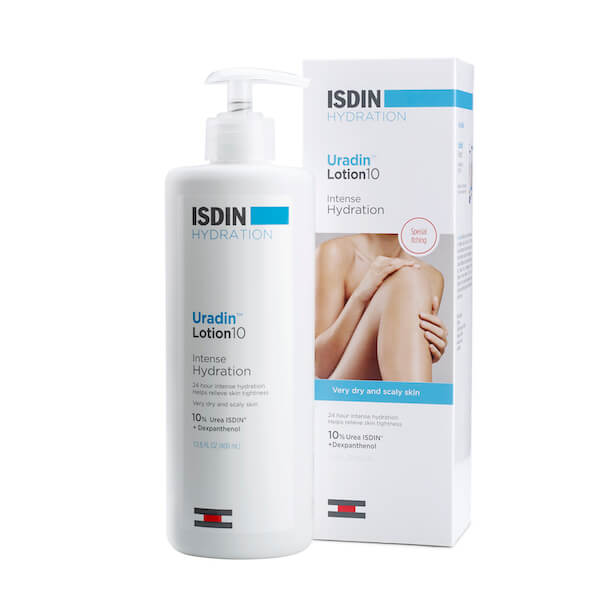
ISDIN Uradin 10 Body Lotion
Uradin re-establishes optimal hydration levels through its combined effect of Urea and Dexpanthenol. The combination of ingredients helps to relieve tightness, restores skin's natural smoothness, and provides 24-hour intense hydration. 13.5 fl oz / 50 mL

SkinCeuticals Triple Lipid Restore 2:4:2
Aging skin is increasingly susceptible to lipid depletion: the loss of natural compounds in skin's surface, present in the form of ceramides, natural cholesterol, and fatty acids. This lipid loss compromises skin's natural protective barrier. 1.6 fl oz / 48 mL


